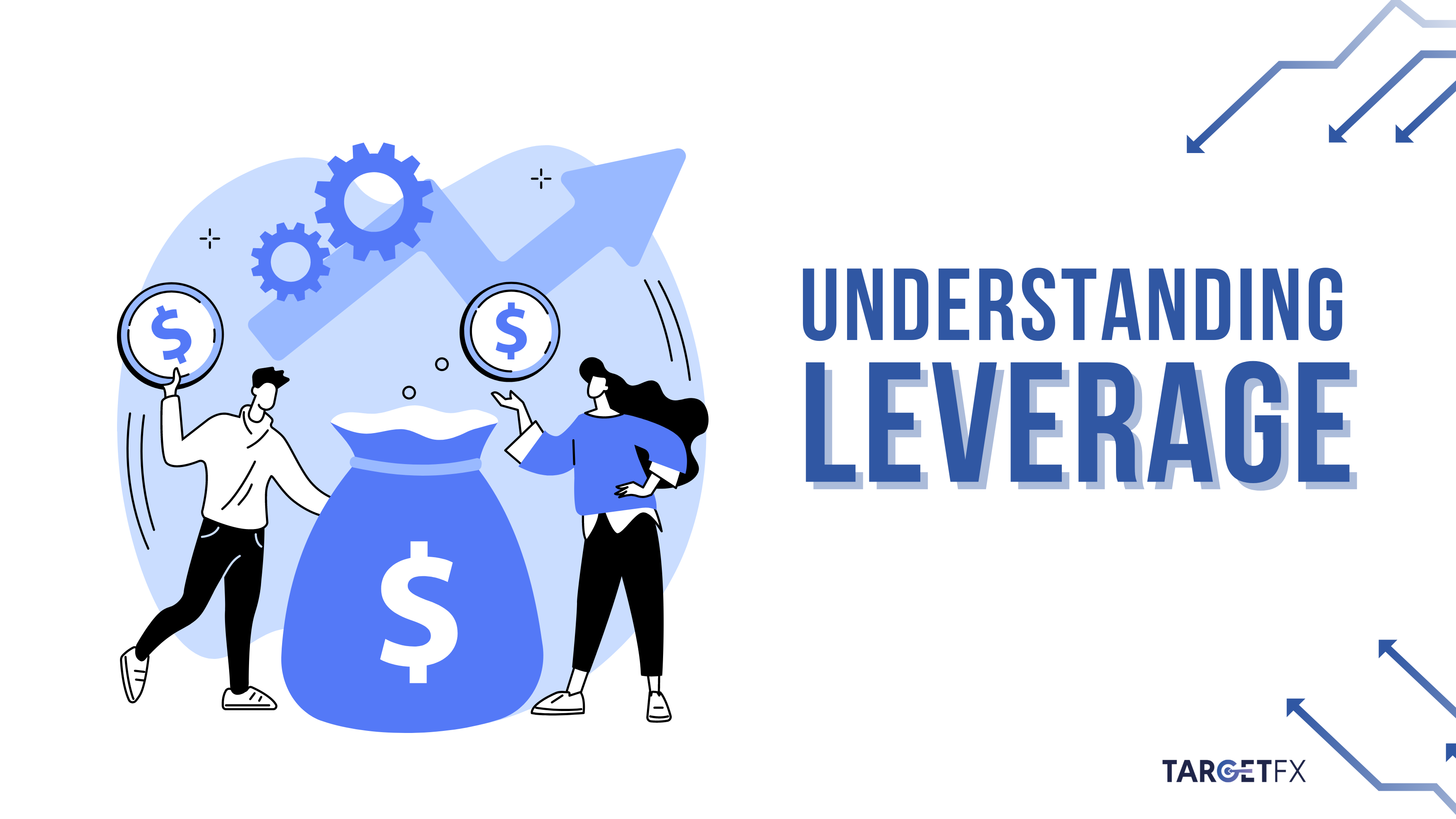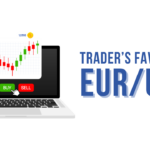In the world of online trading, Understanding leverage, a powerful tool that can significantly amplify both your potential gains and risks. For traders looking to maximize their returns with limited capital, understanding how leverage works is crucial. This guide will explain what leverage is, how it functions, and why it’s essential to use it wisely.
What is Leverage in Trading?
Leverage in trading refers to using borrowed funds from your broker to open positions that are larger than your actual capital. It allows traders to control more substantial positions in the market than they could with just their own money. Essentially, you’re using a fraction of your funds, called “margin,” to hold a position that’s worth more than your account balance.
For example, if your broker offers a leverage ratio of 1:100, it means that for every $1 in your account, you can trade up to $100. So, with just $1,000 in your account, you could control a position worth $100,000. While this opens up the potential for significant profits, it also increases the risk of equally significant losses.
How Does Leverage Work?
Leverage works by magnifying both your profits and losses. Let’s say you open a trade with $1,000 and use a leverage of 1:50. This means you’re trading with $50,000 in market exposure. Now, if the market moves in your favor by 1%, your profit would be 1% of $50,000, or $500. Without leverage, that same move would have only earned you $10.
On the flip side, if the market moves against you by 1%, you would lose $500 instead of $10. This demonstrates the double-edged nature of leverage—while it increases your potential for profit, it also magnifies your potential losses.
Types of Leverage in Online Trading
Different markets offer varying degrees of leverage. Here are the common types of leverage in different trading markets:
- Forex Trading: The forex market generally offers the highest leverage. Brokers may offer leverage ratios as high as 1:500 or even more. However, high leverage should be used with caution, as it can quickly deplete your capital.
- Stock Trading: Leverage in stock trading is typically lower, often ranging between 1:2 and 1:5. This reflects the volatility and liquidity of the stock market, which generally moves at a slower pace than the forex or commodities markets.
- CFD Trading: Contracts for Difference (CFDs) also allow for leveraged trading. The amount of leverage available will depend on the asset you’re trading—commodities, indices, or currencies—and can vary widely between brokers.
Why Leverage is Both an Opportunity and a Risk
Leverage offers an exciting opportunity for traders to enhance their returns without needing a large amount of capital upfront. However, it comes with a significant risk, as it can also magnify losses. If the market moves against your position and your losses exceed your margin, you might see a margin call, requiring you to add more funds to your account or risk having your position closed.
In highly volatile markets, such as forex or commodities, it’s common for prices to fluctuate rapidly, which can lead to unexpected losses when using high leverage. That’s why many experienced traders recommend using lower leverage ratios, especially for beginners.
Managing Risk When Using Leverage
Given the potential for both increased profits and losses, risk management is essential when trading with leverage. Here are some strategies to help mitigate risk:
- Use Stop-Loss Orders: A stop-loss order automatically closes your position when the market moves against you by a specified amount. This prevents losses from spiraling out of control.
- Limit Leverage: While it’s tempting to use high leverage, especially with forex trading, it’s often safer to use a lower leverage ratio, particularly for inexperienced traders.
- Diversify Your Portfolio: Don’t put all your eggs in one basket. By diversifying your trading portfolio across different assets and markets, you can reduce the impact of a loss in any one position.
- Monitor Market Conditions: Keeping an eye on market volatility and news events can help you avoid getting caught in sudden price swings.
Is Leverage Right for You?
The answer to this question depends on your trading experience, risk tolerance, and financial goals. For professional traders with a solid risk management strategy, leverage can be a valuable tool for increasing profits. However, for beginners or those with a lower tolerance for risk, it’s essential to approach leverage with caution.
If you’re just starting, it’s a good idea to practice with a demo account & trade with virtual funds and experience the impact of leverage without risking real money. This will give you a better understanding of how leverage works in practice and help you refine your trading strategy before entering the live market.



